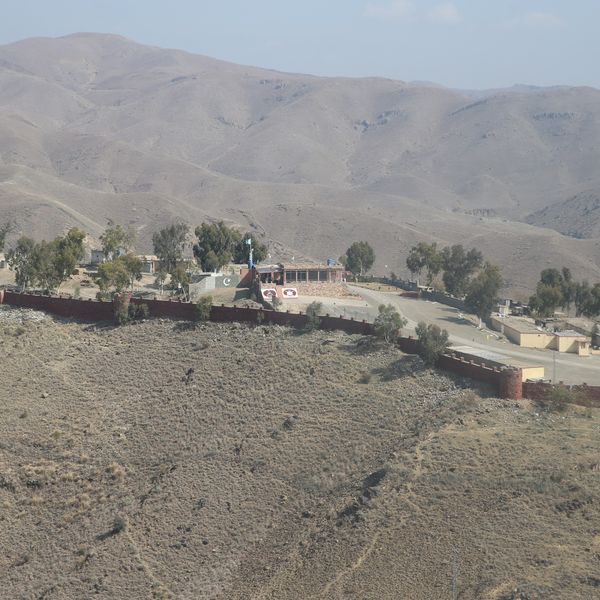Pakistan's top court questions transparency of military trials for civilians
Supreme Court judges question lack of public access to military trials as security concerns limit attendance despite legal provisions

Aamir Abbasi
Editor, Islamabad
Aamir; a journalist with 15 years of experience, working in Newspaper, TV and Digital Media. Worked in Field, covered Big Legal Constitutional and Political Events in Pakistan since 2009 with Pakistan’s Top Media Organizations. Graduate of Quaid I Azam University Islamabad.

Over 100 civilians face military courts for alleged attacks during post-Khan arrest protests
Supreme Court divided on examining current trial records during appeals process
Pakistan’s Supreme Court on Tuesday questioned the transparency of military trials for civilians, as defense counsel Khawaja Haris argued that security concerns restrict public access despite legal provisions allowing it.
The proceedings focused on intra-court appeals (ICAs) challenging an October 2023 Supreme Court ruling that had declared military trials of civilians unconstitutional. That decision impacted over 100 civilians accused of attacking military sites during protests following the arrest of former Prime Minister Imran Khan.
However, in a 5-1 verdict on December 13, 2024, the court conditionally suspended its own ruling—pending a final judgment—allowing military trials to proceed in the meantime.
A seven-member constitutional bench, led by Justice Aminuddin Khan, reviewed the ICAs as the Ministry of Defense submitted trial records.
Debate on legal procedures
Justice Hassan Azhar Rizvi noted that the May 9 protests did not seem to involve state security, yet the accused were still tried in military courts. He suggested making trial records public so people could judge the accused for themselves.
Haris, representing the defense, argued that military courts are a government prerogative and, under Article 175, are excluded from constitutional oversight. He insisted that their existence cannot be challenged on fundamental rights grounds.
The discussion also touched on the military’s control over narcotics cases. Justice Jamal Mandokhail questioned whether similar legal procedures could apply to these trials.
Haris explained that under the Army Act, military judges take an oath of impartiality, and Supreme Court judges cannot review individual cases. He outlined three conditions under which military trials could be challenged: if conducted by unauthorized courts, motivated by malice, or exceeding jurisdiction.
He added that Islamic law allows leniency when defendants confess. However, Justice Mandokhail pointed out that such confessions are usually recorded before magistrates, not military courts.
Concerns over transparency
Justice Rizvi asked whether journalists and relatives could attend military trials. Haris admitted that while the law permits it, security concerns often prevent public access.
Justice Musarrat Hilali criticized the judiciary’s portrayal on social media and the politicization of legal matters. "I will ask any question that comes to my mind, regardless of whether someone likes it or not," she asserted.
Military trial records presented
After a recess, Haris submitted the military trial records in sealed envelopes to all seven judges. However, six judges refused to review them, stating that the documents should only be examined during the appeal process and that the court should not interfere in ongoing trials.
Despite her colleagues' reluctance, Justice Hilali insisted on continuing her scrutiny of military laws.
The hearing was adjourned until Thursday.









Comments
See what people are discussing